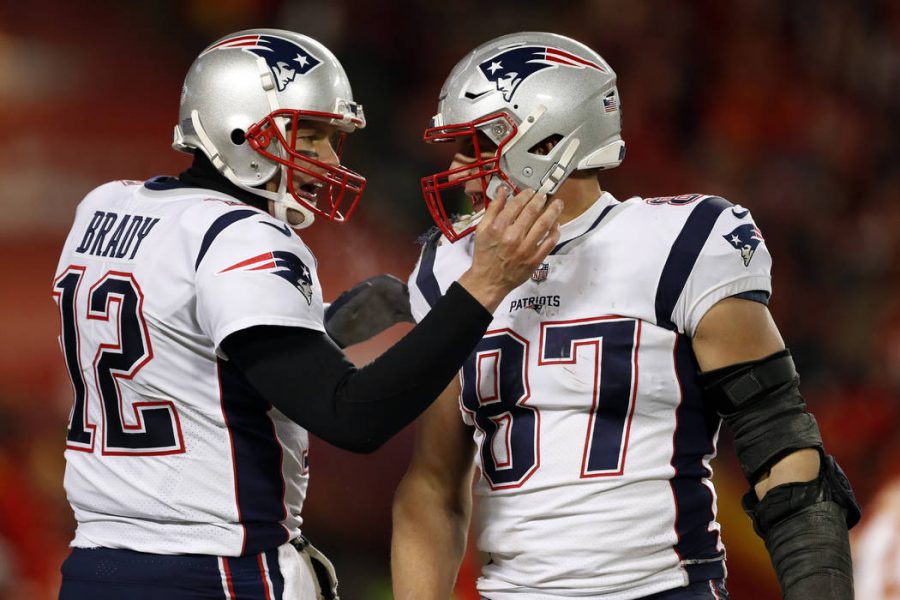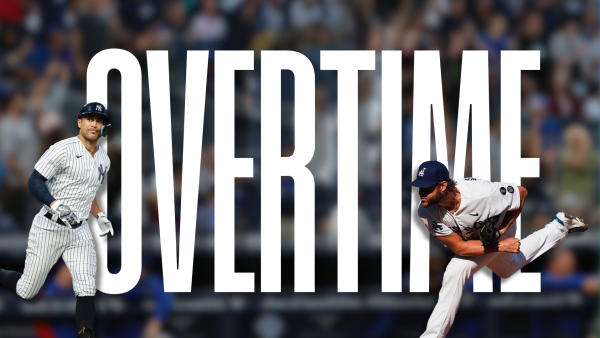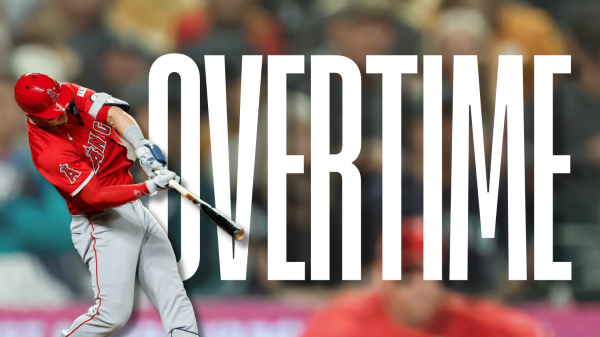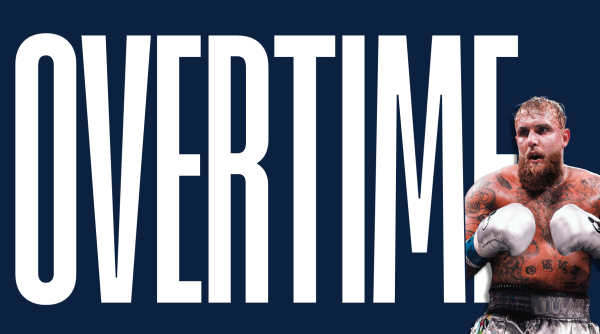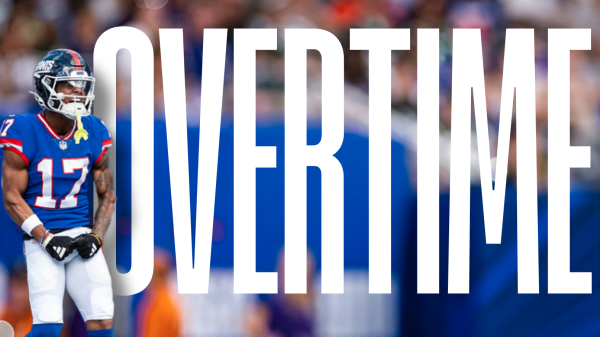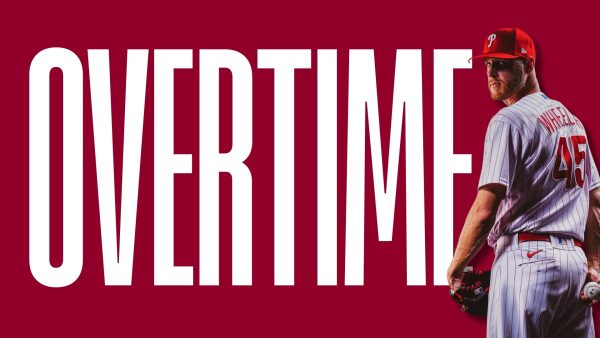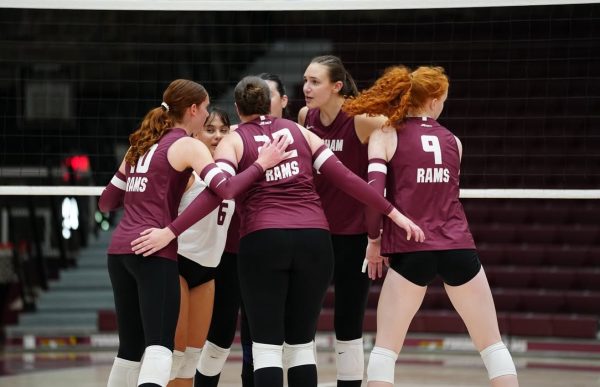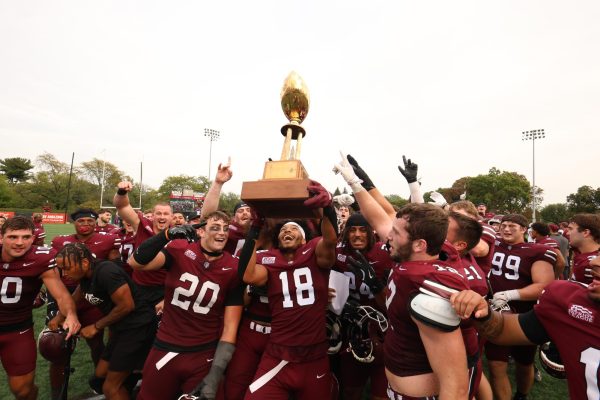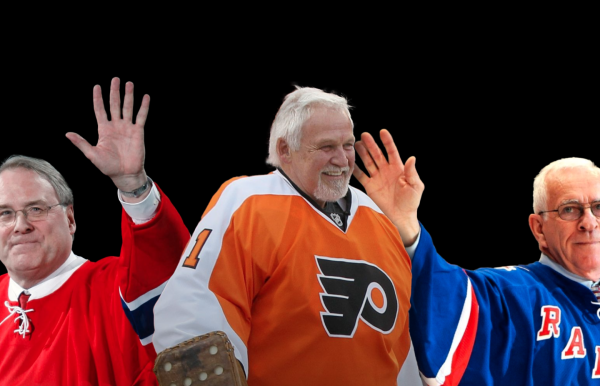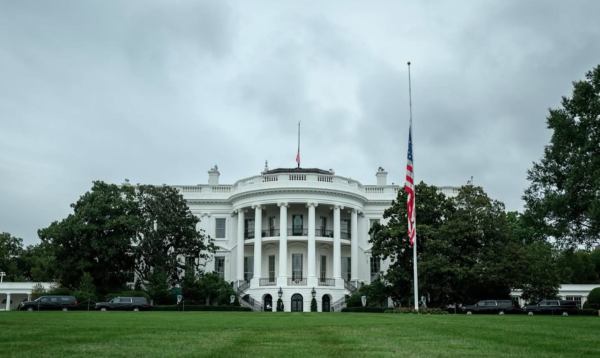Pats, PIs and Percolating Problems: The NFL in 2019
By Dylan Balsamo
Super Bowl week is upon us, a week that will culminate in the American cultural event of the year: expensive commercials, subpar popular music, an awards ceremony hosted by Steve Harvey and of course, professional football.
But as the “big game” inches closer, the country’s dialogue around the sport has yet to truly shift towards the game and has stayed on the two Conference Championship games of last week that got us here in the first place: the Patriots unsurprising victory over Patrick Mahomes and the Chiefs at Arrowhead in Kansas City, and the Rams defeating the Saints in overtime after the most controversial non-call in league history.
Why can we as a nation not stop talking about these two games when there is another one less than a week away? Perhaps it’s because these two games epitomize two of the biggest problems the National Football League currently faces.
It is no secret that television ratings have been one of the league’s primary issues over the last few years, but this season saw an apparent change in this fate. After multiple years of steady declines in television ratings (specifically for prime time national games on Sunday, Monday and Thursday nights), 2018 saw a 5% increase in these numbers.
The increase in television viewers has mostly been attributed to efforts by the league to increase the offense in its long games (which actually saw a decrease in length between 2016 and 2017) by adding some conditions to the Roughing the Passer rule and by making it much harder for pass rushers to sack a quarterback without facing severe punishment.
In the long run, the rule change did its job, as this season, the NFL saw an increase in high-scoring games and, most importantly, close games. These are all good things; at its most dramatic, the NFL is as good as The Bachelor could ever be. What all that definitely doesn’t mean, though, that the league has perfected the Roughing the Passer call, as anyone watching the fourth quarter of Chiefs-Patriots last week could have told you.
A 15-yard Roughing the Passer penalty on Kansas City for the very touching of Tom Brady’s shoulder gave the Patriots a first down, put them in the red zone and got them in position to take the lead late in the game, a game they would eventually end up winning in overtime on a touchdown before the Chiefs even got to touch the ball. Officiating and the NFL rulebook did not serve the integrity of this game well, but it got the Patriots back to the Super Bowl.
And yet again, the same team (and QB-coach combo) that has dominated the NFL for more than a decade is back representing half the league for the world’s eyes. Admittedly, both its quarterback (Brady) and coach (Bill Belichick) are not only the best in the game today but on the shortlist for the best to ever walk the earth; However, it is impossible to say that the loss of television viewers had nothing to do with the fact that the league’s biggest games have included the same team for a high school student’s entire lifetime. The league doesn’t seem to really care about this clear parity in competition and imbalance of power, as their punishments of the franchise for such clear evidence of cheating in both Spygate and Deflategate were, in the grand scheme of things, lackadaisical.
Now, as Salt-N-Pepa might say, let’s talk about N-F-C.
If you thought the officiating in the AFC Championship Game was bad, then that was clearly the only game of the day that you watched. Down in New Orleans, a fourth-quarter pass intended for the Saints’ TommyLee Lewis was broken up on an obvious pass interference from Rams’ cornerback Nickell Robey-Coleman, something Robey-Coleman (in Thierry Henry fashion) openly admitted to doing after the game; this clearly cost the Saints an enormous gain and a chance to win. But no flag was thrown. Eyebrows were raised all over, but the NFL rulebook does not allow for officials to go back and review a pass interference call, so the game went on without the call. The game went into overtime, the Rams ended up winning on a field goal, and the city of New Orleans, rightfully, lost its mind. The game even caused Saints tight end Ben Watson, highly respected by players and fans around the league, to call out NFL commissioner Roger Goodell this week for not speaking out on the matter, calling for him to take a stand.
The game lost its integrity, and because of that, both the Super Bowl and the NFL might lose some as well. When it comes to officiating, the league is focusing on the wrong things. The flawed Roughing the Passer may have increased offense, scoring, and close games, but in so many other respects, not only is the NFL Rulebook as cryptic as some interpretations of the Bible, but it also won’t allow for the people in the New York headquarters watching the game anyway to be able to overturn the call. Frustrating officiating like this no doubt had some relation to the drop TV ratings these past few years.
Of course, America’s most popular sports league faces a multitude of other problems as well, like competition from other sports, multiple retired players now suffering from traumatic conditions like CTE and outrage on both sides of the political spectrum from Colin Kaepernick kneeling for the national anthem and effectively being thrown to the curb by all 32 teams, but we can discuss those another day.
For now, the NFL chooses to focus on bettering things such as the Pro Bowl, which took place this Sunday and was won by Who Cares by a score of Doesn’t Matter to Nobody Watched.
It’s no surprise the National Football League has its issues. If only they could figure out the right way to go about solving them.





































































































































































































